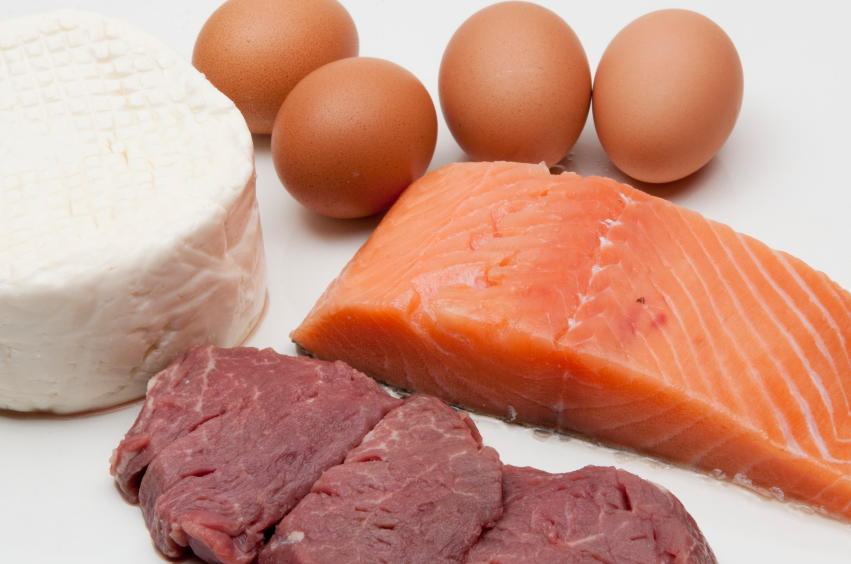we delivers enough to blog about

Nutrition for weight loss: Protein
By Nick Hall
This is a three part article and presentation which covers the right type of nutrients to include with each meal and the effect that different types of protein, carbohydrates and fat can have on your body, both good and bad. Grains, gluten and the importance of staying hydrated are also discussed.
Where we go wrong
We have a lack of education about food and the benefits that certain foods have. An example is we have always been told to reduce our fat intake however the world is now heavier than ever before.
Trying to diet and listening to the wrong messages.
We try to lose weight through restriction such as cutting out certain foods that actually benefit us. We calorie restrict or try to follow one size fits all diets or diets based on a certain amount of calories. Ie diets based on 1200 or 1800 calories a day regardless of your activity level or current food intake.
Large dramatic reductions in calorie intake can result in short term weight loss however this can also result in reduced energy levels blood sugar crashes, cravings and nutritional famine. This can then result in lack of adherence to the program and future weight gain.
Too much of the wrong food – Convenience eaters
Many of us are time poor. For many of us it’s quicker and easier to eat out than to shop for fresh groceries and prepare meals.
What to include with each meal
Less of a focus needs to be placed on the calorie amount of each meal or total calories for each day. The focus should be on including the right type of calories from the right sources with each meal.
Protein – Why we need it
Your muscles are under a constant state breakdown and repair. Including protein with each meal will help aid muscle repair. Protein also helps give you the feeling of satiety or fullness. Protein sends signals to the brain telling you that you are actually eating a lot quicker than carbohydrates. This can help reduce the risk of overeating. Protein also provides slow release energy into the blood stream. A slower release of blood sugar means more stable blood sugar and insulin levels. Higher blood sugar and insulin leads to fat storage.
Protein has a thermogenic effect when consumed meaning your body will utilise more energy during the digestion process.
Good sources of protein include: Fish and seafood, beef, chicken or poultry, lamb, kangaroo, eggs and low fat dairy.
Try and chose organic options where possible.
What if I am vegetarian?
The only adjustments you need to make if vegetarian is making sure you get enough protein with each meal. In general, vegetables aren’t known for containing high sources of protein so you need to look at other non-animal sources of protein. Non-meat sources of protein include eggs, cottage cheese, tofu, chic peas and lentils
Portion size
Non meat sources of protein don’t have the same concentration of protein as animal sources of protein. For example if you are eating eggs as a source of protein, the portion size would need to be larger than you think in order to get enough energy that will sustain you. One egg white contains around 3 grams of protein however one cup of egg whites contains nearly 30 grams of protein
Protein supplements
There are also different types of protein supplements available such a whey protein, soy protein, chic pea protein, brown rice protein. One option is to eat your normal vegetarian meal and then consume a protein supplement after.
References:
Paddon-Jones, D…Westerterp-Plantenga, M. Protein, Weight Management and Satiety. The American Journal of Clinical Nutrition.
Halton, T and Hu, F. The Effects of High Protein Diets on Thermogenesis, Satiety and Weight Loss: A Critical Review.
Journal of the American College of Nutrition.
Franz, M. Protein: Metabolism and Effect on Blood Glucose Levels.
Mercola, Dr J. Insulin and it’s Metabolic Effects. Mercola.com.